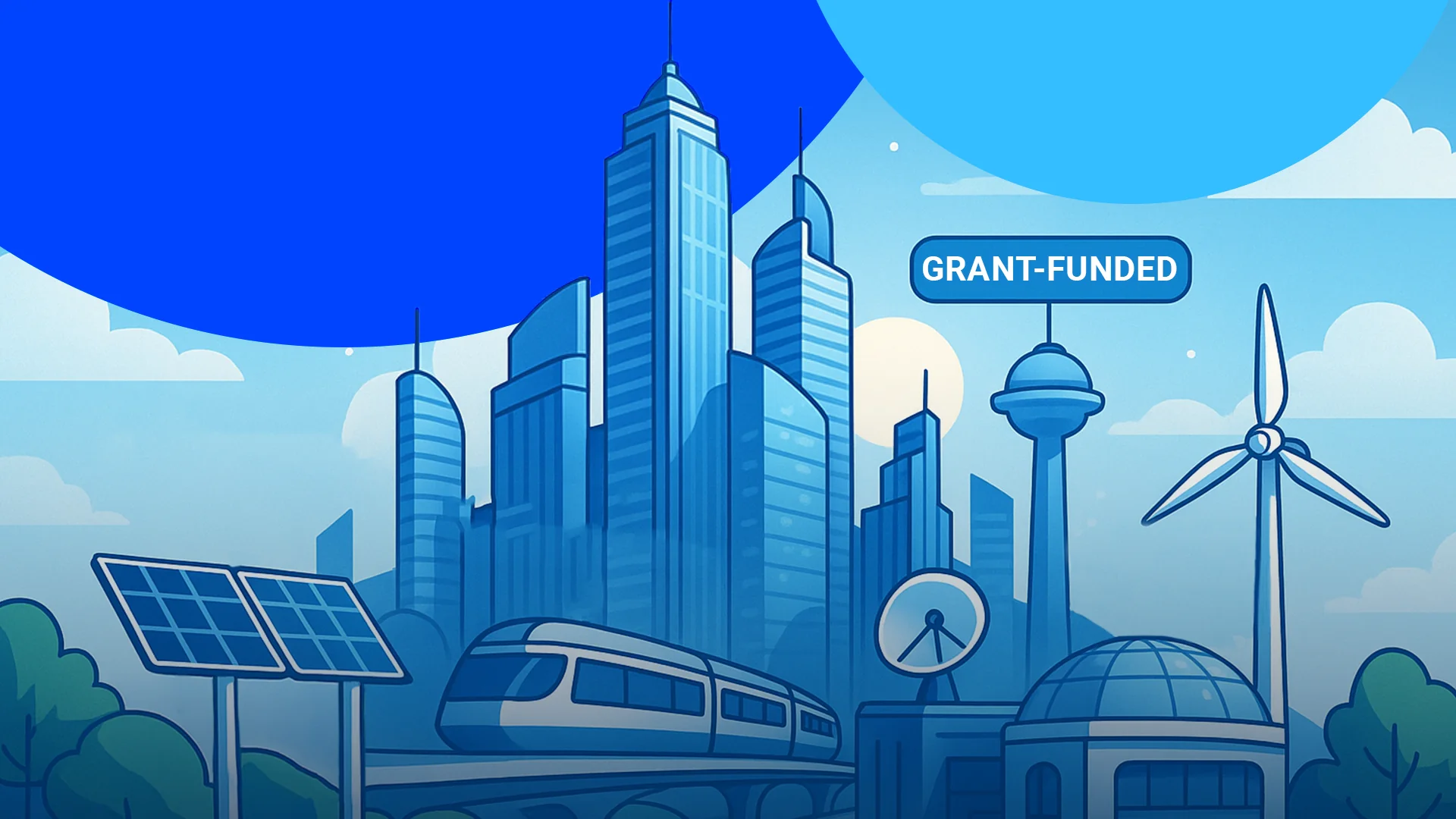By Dominic Sale
The General Services Administration (GSA) isn’t your average government agency. Founded in 1949, it has a rich history of bridging the gap between the government and its contractors. More than just being governed by policy and regulations, GSA and its people have an entrepreneurial spirit.
With its dedicated team of acquisition, real property and policy professionals, GSA consistently innovates its solutions, streamlines interactions, and scales up operations to levels in ways that defy stereotypes of government bureaucracy. Given the agency’s trailblazing nature, and with a little luck and strong leadership, GSA’s best days are still ahead. Challenges and limitations, often beyond GSA’s control, have held the agency back from reaching its potential. Here are four areas the agency should focus on in the coming years to take the agency to the next level:
1. Refinement of Internal Processes and Modernization of Platforms:
Legacy systems and processes may present integration challenges, but GSA has already showcased its adaptive capabilities. Its early ventures into Robotic Process Automation (RPA) to help reduce burden on its contracting community exemplify its forward-thinking culture. GSA has also made significant advances in creating a modern, cloud-based technology architecture, facilitating quicker and more customer-oriented app modernization.
However, to truly transform, GSA must now responsibly harness the power of artificial intelligence (AI) and other emerging technologies. Using AI not only automates simple tasks but also enables a workforce to focus on high-value work by eliminating the most tedious tasks. By reducing manual, repetitive work, GSA allows its talent to channel its expertise and creativity into pioneering projects and innovative solutions that can redefine government service.
Despite significant progress, there’s an urgent need to consolidate GSA’s many legacy applications, a few of which still remain on outdated mainframes. GSA should double down on secure technology such as cloud platforms and improve its data management to boost efficiency and allocate more resources to customer-focused services.
2. Elevating the Customer Experience (CX):
One of GSA’s crowning achievements has been the establishment of one of the first CX offices in government. This initiative has already spurred more customer-centric approaches and tools within GSA.
GSA also leads the way in enabling other federal agencies in standing up a true digital government. Programs such as USA Services, the Digital Analytics Program (DAP) and Digital.gov have been invaluable resources to agency practitioners for decades. GSA is mentioned times in the newly released OMB M-23-22 “Delivering a Digital-First Public Experience.”
However, the journey of refining CX is continuous, and not every citizen wants to or can be served through digital channels. GSA should aim to integrate robust CX capabilities across all its processes and systems, ensuring customer are met where they are, not where we want them to be. The essence of CX isn’t confined to websites; it encapsulates the entire customer journey including physical interactions in public spaces. With its combination of technology, acquisition and public building expertise, no one is better equipped to help agencies design a truly omnichannel government than GSA.
3. Striking the Right Balance between Acquired and Home-Grown Services:
Through programs like Assisted Acquisition Services (AAS) and the IT Modernization Centers of Excellence (COEs), GSA actively offers world-class, highly scalable IT and professional services to other agencies by skillfully combining the best talent that government and industry have to offer.
Finding the right mix of government employees to contractors depends on many factors, including the nature of the work, supply of talent, and sensitivity. But too often, resourcing decisions are made on philosophical grounds. For example, 18F has a reputation for eschewing contractors, insisting only government professionals truly have the best interest of the agency customers at heart. The upcoming overhaul of GSA’s travel system and the merge of IT modernization Centers of Excellence with 18F will compel GSA to carefully optimize business models, aiming for a more sustainable, scalable, and effective future organization. Simply put, government and industry depend on each other to deliver on the mission, and maximum impact will only come by thoughtfully defining roles and mixes of teams as they go to serve GSA’s customer agencies.
4. The Human Aspect:
Systems and processes aside, GSA’s mission thrives on the quality and dedication of its people. Professionals who envision the big picture, breaking free from departmental silos, become the agency’s bedrock. Trust anchors the vision, ensuring every individual sees the broader mission beyond their specific tasks.
Like all agencies, GSA’s recruitment of top talent is constrained by federal hiring rules, anti-government sentiment, and an aging workforce. GSA must be increasingly creative in how it acquires talent. To the extent allowable, GSA must actively market itself as the high-impact and fun workplace it is, and use all available hiring authorities to reach a diverse candidate pool that reflects the face of the nation.
For a deeper dive into this human-centric perspective, see REI’s article on The Culture of Change: How Values-Driven Work Pushes Government Innovation.
Vision for GSA in the Next 5 Years:
In half a decade, GSA should aspire to:
- Be the preferred partner for all government agencies, expanding its footprint into civilian and smaller agencies.
- Offer more efficient solutions, competitive pricing and an unmatched customer experience, enticing more agencies to use its offerings over its competitors.
- Serve as a model within government for recruiting and retaining a diverse, distributed and highly talented workforce.
GSA transcends the typical bureaucratic mold. It’s an entrepreneurial dynamo within government, consistently adapting to better serve its customer agencies. Driven by a deep-seated passion for experimentation and innovation, GSA solidifies its position at the forefront of its field.
For leadership roles like CIOs and CXOs, and for visionaries across various agencies, GSA shines as a prime example of how agility and creative thinking can propel an organization into uncharted territories. As GSA charts its future course, it’s set not merely to fulfill expectations but to completely reimagine them.
Dominic Sale is the Vice President of Government Affairs for REI and has a 25+ year career in Government which includes time at OMB & GSA. Connect with Dominic on LinkedIn.




